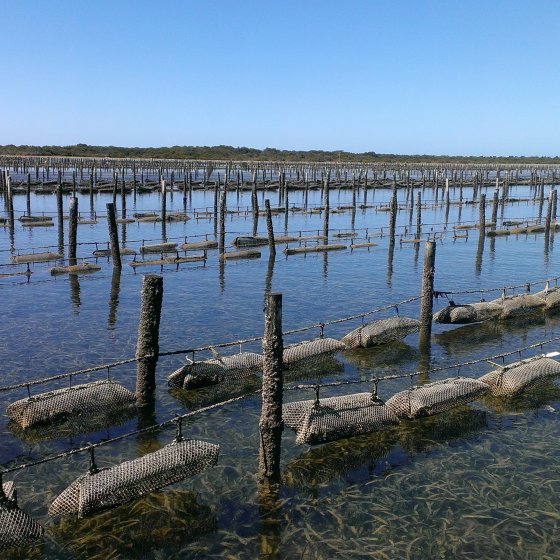- Home
- Recommendations & Issues
- Recommendations
- Responding to Climate Change
Responding to Climate Change
Climate change is happening, and the rate of change is accelerating. Internationally, 2,349 jurisdictions in 40 countries have made a Climate Emergency Declaration and, in May 2022, South Australia was the first state in Australia to make this declaration. International scientific data, the extreme weather-related events that are becoming increasingly commonplace around the world and here in Australia, and local predictions of climate change effects in South Australian regions are indications of the need for urgent action.
Predictions for South Australia indicate there will be more very hot days, heat waves will be longer and hotter, and there will be more droughts and more dangerous fire weather. Health impacts from these changes are likely for vulnerable people, those living in urban ‘heat islands’ and bushfire prone locations, as well as for the more arid northern parts of South Australia, including remote Aboriginal communities.
Economic impacts from climate change are likely to be widespread, with more extreme events (for example, floods and fires) affecting infrastructure, potential direct impacts on industry profitability (for example, reduced rainfall for agriculture and increases in sea temperatures and acidity for marine industries) and financial impacts from substantial industry and government investments required to fund adaptation. The environmental, human health and economic impacts, as well as impacts on our personal wellbeing from a harsher climate, suggest that climate change will also have social impacts.
There are links and interdependencies between actions, identified by several South Australian Government agencies, aimed at meeting our commitments to emission reductions and our efforts to adapt and build resilience to climate changes that have and are occurring. For example:
- more energy efficient buildings reduce emissions, while also improving thermal comfort and helping occupants to adapt to the changing climate
- nature-based climate change solutions can also achieve biodiversity benefits.
The South Australian Government has identified targets and actions to reduce emissions and support climate adaptation through a wide range of strategies, which are the responsibility of various agencies. A coordinated approach across government is essential for identifying and capitalising on the links and interdependencies between these, across a range of sectors.

The South Australian Government notes the links and interdependencies between emissions reduction, climate change adaptation and different societal sectors, and tasks relevant agencies with collaborating in risk assessment, response planning and program delivery to capture the benefits of a coordinated approach.
